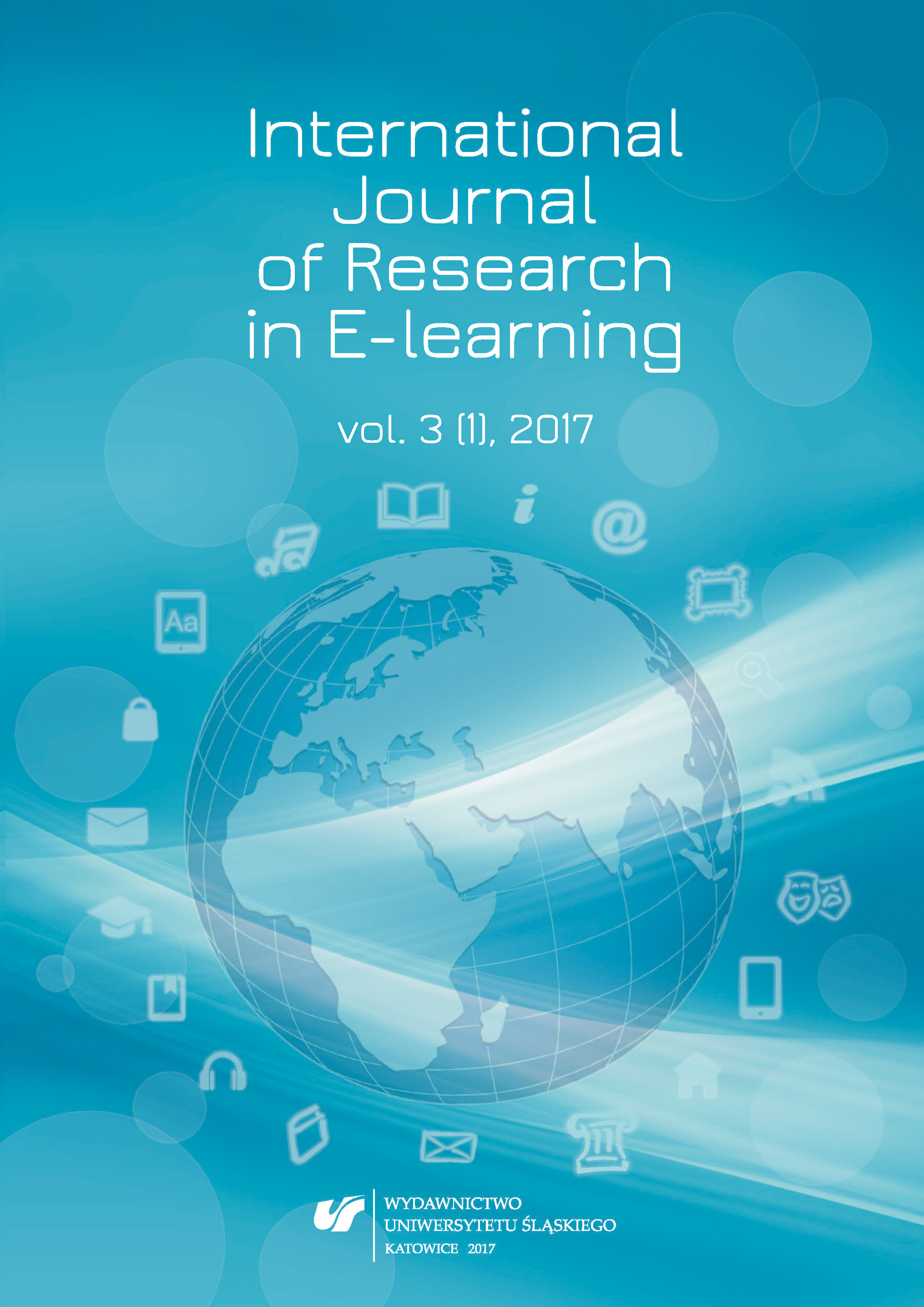Contemporary Teacher Competencies Development: A Study of ICT Tools for Professional Activities in Russia and Spain
Contemporary Teacher Competencies Development: A Study of ICT Tools for Professional Activities in Russia and Spain
Author(s): Tatiana Noskova, Tatiana Pavlova, Olga Yakovleva, Prudencia Gutiérrez-Esteban, Rafael Martín Espada, Sixto Cubo Delgado, Juan Arias-Masa, Gemma Delicado Puerto, Laura Alonso-Díaz, Rocío Yuste TosinaSubject(s): Social Sciences, Education, Media studies, Communication studies
Published by: Wydawnictwo Uniwersytetu Śląskiego
Keywords: ICT tools; teacher competencies; teaching activities; IRNet
Summary/Abstract: The paper examines the relations between teacher competencies and the specificity of the use of ICT tools in professional activities. The research was carried out within the frame of the IRNet project with the participation of two universities – the Herzen State Pedagogical University of Russia and the University of Extremadura, Spain. The results of the survey described give a general idea of various ICT tools use intensity in both countries. Overall, teachers take advantage of the electronic content capabilities for fostering students’ motivation. Teachers benefit from ICT tools’ efficiency and performance, and they use cloud technologies for supporting networking and collaboration. Spanish teachers appear to be more active users of ICT tools. They apply LMS more intensively, together with own lectures recordings and foreign language e-resources. For facilitating students’ communication, they apply discussion forums and online lectures intensively. For management, the most popular tools are electronic organisers, criterial rubrics, and online polls. The choice of e-resources that teachers use is largely based on their communication preferences and ways to manage teaching; these e-resources aim at facilitating learners’ cognitive activities. As in the case of the active use of LMS, the electronic system induces the application of available communication means (e.g., forums, online lectures, etc.) together with the appropriate management capabilities (e.g., electronic organisers, criterial rubrics, online polls, etc.). The results of the survey can help identify problem areas in teachers’ ICT competencies.
Journal: International Journal of Research in E-learning
- Issue Year: 3/2017
- Issue No: 1
- Page Range: 91-108
- Page Count: 18
- Language: English

